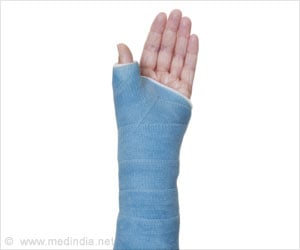If you spend more than you initially wanted to during shopping sprees, here are few tips to control such urges.
The tips have been provided by John Naish, the author of 'Enough: Breaking Free From The World Of More', published by Hodder and Stoughton.According to TimesOnline, a person can kid his or her instinct into spending less.
Here's how:
1 Give yourself - and your purse - a break
Pausing briefly between choosing something and taking it to the checkout can dramatically boost the chance of the cash staying in your purse, says a study to be published in December's Journal of Consumer Research.
2 Don't even touch your cards
Advertisement
3 Keep brands out of your brain
Advertisement
4 Don't shop with friends
People spend more money to maintain our self-image in front of others.
5 Staying calm costs less
People are more liable to spree when financially squeezed: under stress they can feel driven to hoard, says a study of students in Behavioural Research Therapy.
Source-ANI
RAS/SK












